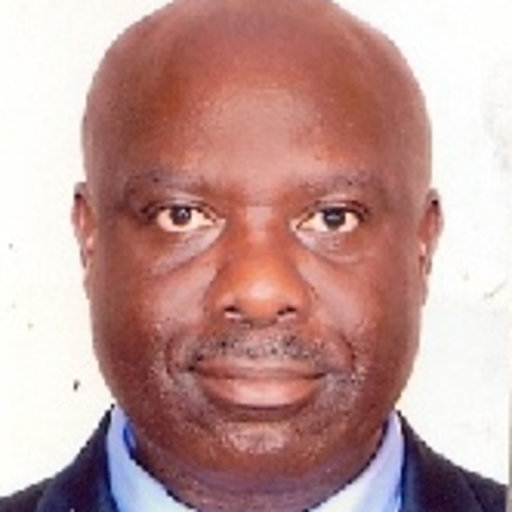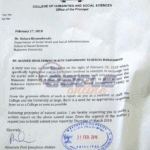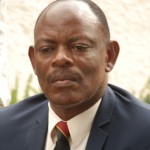Makerere University’s Professor Emmanuel Kasimbazi is among ten African academics of the 55 new Fellows of The World Academy of Sciences (TWAS), the second-best showing by scientists from the continent in nine years.
Available information related to the programme indicates that four South Africans and one each from Cameroon, Kenya, Morocco, Sudan, Uganda and Zimbabwe were elected TWAS Fellows for excellence.
According to TWAS, the showing by the African continent was achieved once before in 2004, although it fared better in 2009 when 11 fellows from the continent were chosen.
Prof. Kasimbazi has an extensive research experience in Environmental law and policy, and has authored Environmental and Energy monographs for Uganda, book chapters and journal articles on Oil and Gas, Wildlife, Water, climate change, forestry and energy management and regulation.
He is also a member of the Uganda National Academy of Sciences, and has received the Golden Key International Honour, the Hon. N.D. McDermit Graduate Scholarship, the Alberta Law Foundation Graduate Scholarship and the Graduate Research.
Based in Trieste, Italy, TWAS is a global science academy uniting 1,228 scientists in 70 countries with the goal to promote scientific capacity in developing countries. Sixteen of the new members are women – an unprecedented 29% of the new class.
China and India dominated for the latest intake, while South Africa has four candidates, compared to 2016 when it had only one, with Kenya, Uganda, Zimbabwe, Cameroon, Sudan and Morocco having one each. Other top performers globally were Brazil with five and Taiwan, which has three fellows.
However, the number of African Fellows is lower than that of China, which has 12 members in the 2018 class, and India with 11 scientists elected.
Among the prominent Africans picked in the latest round is the president of the African Academy of Sciences, Felix Dapare Dakora, who has been recognised for his research in grain legumes.
Idah Sithole-Niang of the University of Zimbabwe was praised for her role in the global research network for the genetic improvement of cowpea for Africa, which led to the development of insect-resistant cowpea varieties.
University of Cape Town professor and president of the Organisation for Women in Science for the Developing World, Jennifer Thomson, was recognised for her role in developing maize resistant to the African endemic maize streak virus.
TWAS Executive Director Romain Murenzi said the academy was aware of the membership gap between the more developed countries, such as China, India and Brazil, and the much poorer countries, with the majority of them found in Sub-Saharan Africa.
The academy’s council was working hard to ensure that membership of TWAS was as diverse as possible, and was confident that this would be possible following policy adjustments initiated in 2016.
Even more efforts are being made to identify excellent scientists in countries where the academy needed more representation, mainly in low-income countries of Africa.
“For the TWAS council, it is a top priority to make sure that our membership is as broad and diverse as possible. Following policy adjustments approved in 2016, we are working harder than ever to identify excellent scientists in countries where the academy needs more representation,” Murenzi said.
“Our membership committees are giving careful consideration to candidates from these countries and as a result, we have elected a very strong, diverse class of fellows for 2018,” he added.
China and India continue to dominate TWAS membership each year, mainly due to their strong policies and sustained investment in science, technology and innovation, Murenzi said, explaining the dominance in the number of fellows from Asia each year.
“The common denominator for progress is strong policy on science, technology and innovation, backed by sustained investment in science and technology, including basic sciences,” Murenzi said.
Fellows must also be scientists whose contribution to their respective fields meets internationally accepted standards of excellence, and they may be working or living anywhere in the world, but if based in a developed country, must demonstrate efforts to promote science in developing countries.








